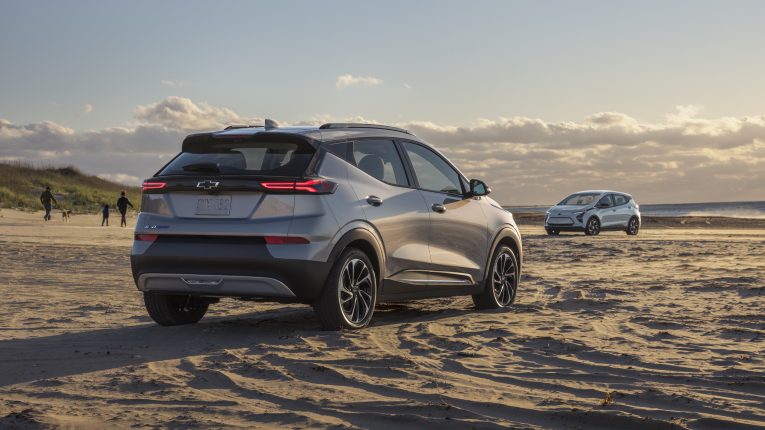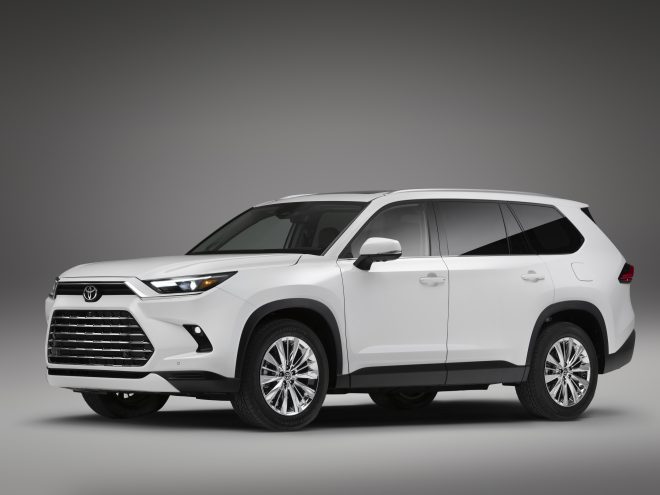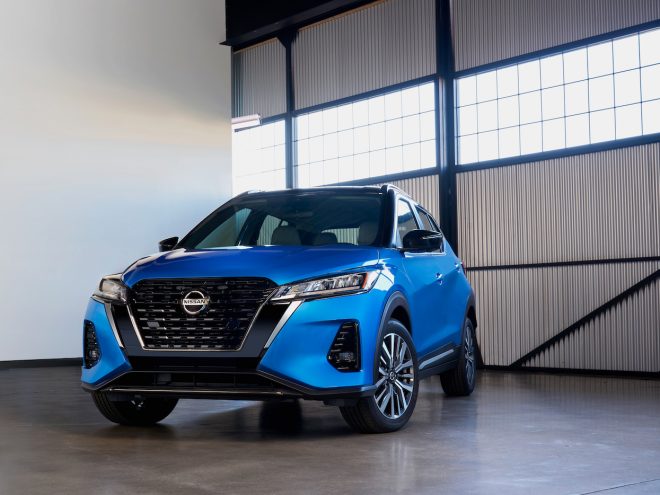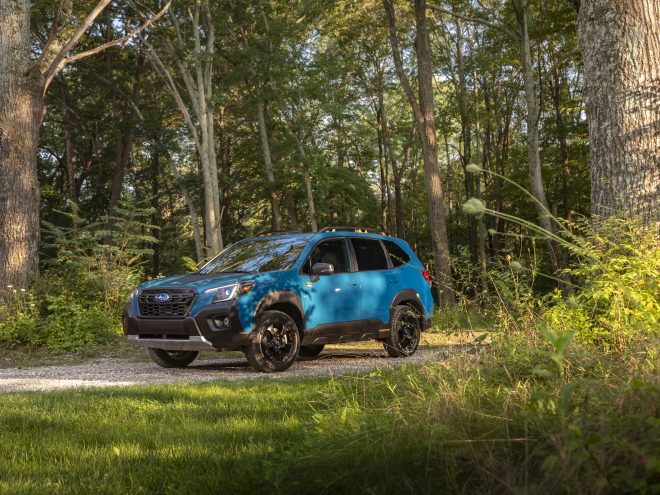
4 Common Issues Drivers Face
Did you know that the longer the drive, the more bad habits you pick up? There is a saying that states you are continually picking up bad driving habits from the day you pass your test, even if you don’t think you are.
But with a wealth of experience behind you, then chances are you will come across some minor driving issues during your driving career that you have never encountered before. This post takes a look at some prevalent issues most drivers will come across at least once.
Locked Keys in a Car
Contrary to popular belief, locking your keys in the car isn’t just something women do. In fact, there are many reasons as to how and why you need to get assistance with getting keys out of a locked car. For example, if you don’t have a spare key, this could be the reason why you get a new car key cut.
But in the meantime, knowing a car lockout company that can save you in the nick of time and help you get back on your way can resolve the problem. But to avoid future issues such as this, keeping a spare key in a separate location will be a great option.
Blown Tire
Making sure your car tires are in good condition can reduce the risk of blowing out when driving. No one likes to think of this happening, but there are on average 33,000 accidents a year in the US alone caused by poor tires.
Maintaining the legal minimum thread to ensure the best grip on the road and having correctly inflated tires is vital to avoid any accidents. Choosing the appropriate tires for both your car and the conditions can reduce this even further; you can refer to your manufacturer’s handbook to check the requirements for tires for your car.
In the event of a blown flat tire when driving, calling an auto rescue service will help you get the problem fixed to continue your journey as quickly as possible. As can having a suitable spare tire or a tire inflator or puncture repair kit.
The Wrong Fuel for Your Car
Whether this is due to driver error or gas station error, using the wrong type of fuel in your car can be damaging to your engine. This is because diesel engines cannot process gasoline and vice versa. So chances are you will not even make it off the gas station forecourt before your car dramatically splitters the last of its life out.
In the first instance, you need to turn your engine off. Never force your vehicle to drive with the wrong fuel. Your tank will then need to be drained. Typically, diesel engines won’t start with gasoline in, but gasoline engines can start with diesel, causing the damage to be potentially catastrophic.
In most cases, you will need to find a tow company to remove your car for you and take you to a professional who can deal with this type of issue.
Warning Lights
In most cases, warning lights appearing on your dash are just that. They warn you of a potential problem in the engine or other components of your car, depending on the type, model, and age of the vehicle you drive.
If the light that appears is red, you need to pull over as soon as it is safe. If the light is a yellow or amber color, then you need to get this addressed as soon as possible.
The major issue with lights on the dashboard is that many people are unaware of what they mean or why it might come on. The most common warning lights tend to be for low oil or water or an issue with the brakes or steering.
It is useful to read the manual that comes with the car to see exactly what these lights mean and what to do should they come on when you are driving. This can reduce the initial panic you might feel at seeing all right come on. Also, making sure you keep on top of your oil and water levels will reduce the risk of a red light appearing due to low oil levels. When topping up, always use the recommended oil for your vehicle to avoid further damage.
These common issues can appear at random, seemingly for many drivers, but becoming more acquainted with your car and what it needs, especially before setting off on long journeys or driving in inclement weather, will help you to avoid any nasty surprises along the way.









